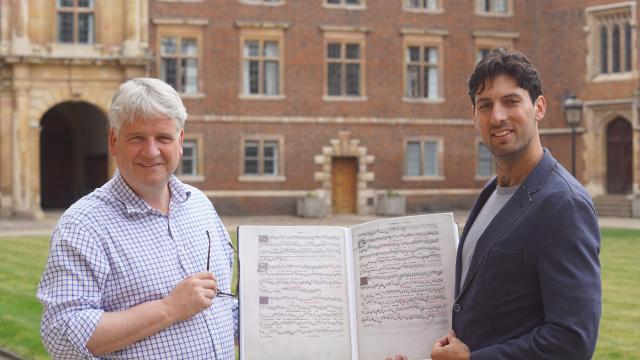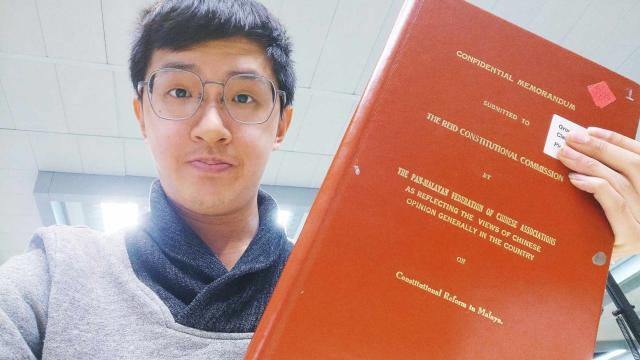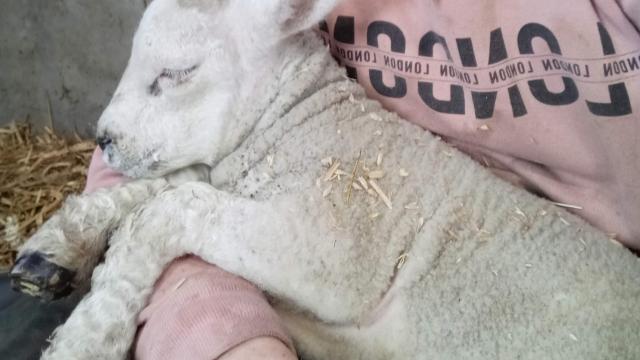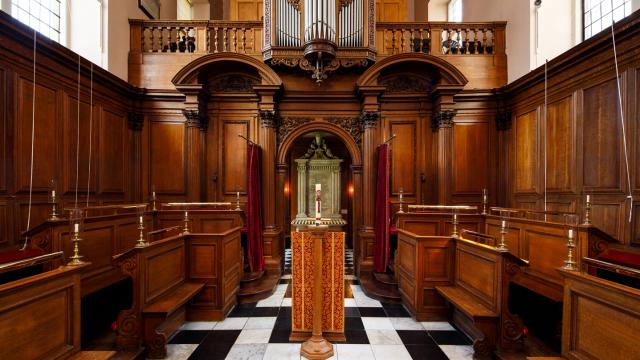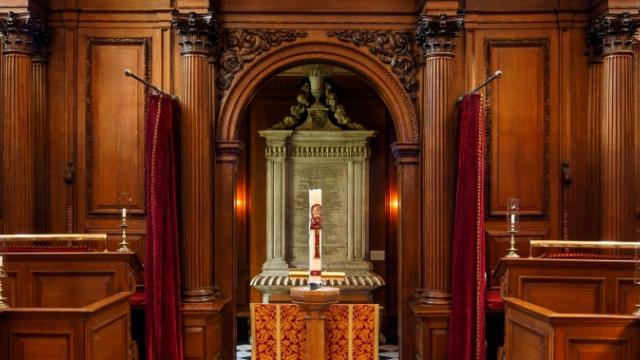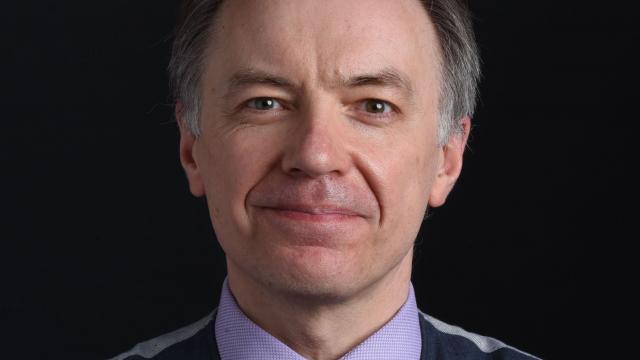
Matthew Gouldstone is one of the visiting scholars at St Catharine’s this year, so we took the opportunity to find out more about the purpose of his visit and how he has found joining our community. Read on to find out more about visiting scholarships and how Matthews’ work is contributing to College life and our charitable objectives.
Becoming a visiting scholar
Visiting scholarships are a widely established practice that involves an institution inviting a researcher to visit, in order that they can collaborate more easily with one or more colleagues already based at that institution and/or have access to resources unique to the institution, such as rare manuscripts or laboratory equipment.
St Catharine’s offers visiting scholarships to further our charitable objectives to advance education, religion, learning and research in the arts, social sciences and sciences. These are typically extended to scholars at a postdoctoral (or equivalent) level. Fellows are able to nominate scholars for the Governing Body to consider and vote upon.
The time spent at St Catharine’s by visiting scholars varies according to the time needed to support their scholarly activities: from a few weeks to multiple terms. During their time at St Catharine’s, visiting scholars are welcome to join in with College activities and enjoy many (but not all) of the benefits open to students, staff and Fellows.
Matthew Gouldstone officially joined the College as a visiting scholar in January 2023 in order to collaborate with Dr Edward Wickham (2003), Director of College Music and Director of Studies in Music at St Catharine’s.
He explains, “Edward and I are from similar backgrounds, having started in the performance world as professional musicians before moving to more academic roles, and we share a belief that the performance and study of music are closely linked – we can be better at both if we have an understanding of both fields.
Edward adds, “We also share a passion for early music and how we can make this period of music more accessible to young people. Our interests particularly overlap around 1500, which is generally considered a golden age for English music but tends not to attract much attention in school or university curricula. Matthew’s visit has coincided with a rejuvenated interest in this period for both of us and it has been a massive benefit to have such a talented and enthusiastic colleague join me at St Catharine’s.”
Matthew’s music career started at school, when he was a member of the National Youth Choir, before studying the subject at undergraduate level at Oxford Brookes University. He has since performed as a bass singer (including a longstanding association with the acclaimed Capilla Flamenca ensemble) and worked as a freelance conductor. From a scholarly perspective, he has been a visiting research fellow at Harvard University and Katholieke Universiteit Leuven, and a consultant musicologist on projects with the annual Medieval and Renaissance Music Conference, the Universities of Florida, Salzburg and Sheffield, and Peterhouse College, Cambridge.
The visiting scholarship will enable Matthew and Edward to collaborate across a number of activities: establishing the Cambridge Early Music Consort (CEMC) as a hub for both performance and musicology, completing a large research project and enhancing musical opportunities at St Catharine’s.
Establishing the CEMC
While early music is taught by the Faculty of Music (in fact Edward teaches Renaissance music for the Faculty as part of the undergraduate degree course), this period of music, especially music before 1500, is rarely performed by College Choirs because of the particular challenges that the music presents.
Matthew and Edward established the CEMC in October 2022 to create a hub spanning the University, the Faculty of Music and the colleges that offers both pedagogical and performance opportunities for students, whether or not they actually study music as an academic subject. Matthew is also offering CEMC+, a programme of small group sessions where 4–6 students meet twice a week to sing with him and get exposure to music at a professional level.
Matthew comments, “It would be easy to assume that young people aren’t interested in early music, but we have been delighted to welcome around 20 members to the CEMC in our first year, half of whom are music students. We have already seen some of these students galvanised to pursue their own interests in early music by organising their own events on top of the activities offered by CEMC. I am optimistic that this will grow further in the months ahead and show that people are interested in good quality music no matter what time period it is from!”
CEMC hosted a pilot symposium on 22 June in the Ramsden Room at St Catharine’s, at which six papers about the performance of early music were presented by speakers from across Cambridge and beyond. Encouraged by the feedback, Edward and Matthew are planning to make the symposium a regular occurrence.
Edward notes, “I am excited that we are creating a new focus for early music in Cambridge to harness all the expertise and resources across the Collegiate University, and encourage interest from undergraduate to postgraduate level. We are fortunate that Matthew’s extensive performance network is creating new opportunities for Cambridge and widening the horizons for early music here.”
Collaborative research project
Matthew’s research interests cover 15th/early 16th-century polyphony and the Italian madrigal (1560–1620). He and Edward are working together on a large research project on 15th-century music, with a view to collecting more data in the months ahead and presenting their findings in December.
He says, “In honesty, I have long desired to spend a consistent period of time working on tempo and mensuration within 15th-century polyphony in an environment that is fully conducive to practical scholarship. This is an area of scholarship that has realistically seen more questions than solutions over past years. Creating this entirely new “neuro-plastic” environment (over the course of my time at Catz) has been crucial, and Cambridge now possesses a unique vehicle for early music scholarship and performance. It is a joy to finally have both the personnel and the space to allow many longstanding theories to be rigorously tested. Both Edward and I are very excited to see the results and look forward to the coming year ahead.”
Music at St Catharine’s
Matthew will be collaborating with Edward on performances in celebration of the College’s 550th anniversary. This will include a rare performances of music in honour of St Catharine dating from the 1470s and 80s, and the celebration of a mass of St Catharine using some of the chant and polyphony which was current in 1473.
He reflects, “Catz has already been unbelievably welcoming. My experience of other institutions has been very different where I found people were heads down and focused on their own work. In contrast, people at Catz have been very warm, engaging and generous with their time.”
